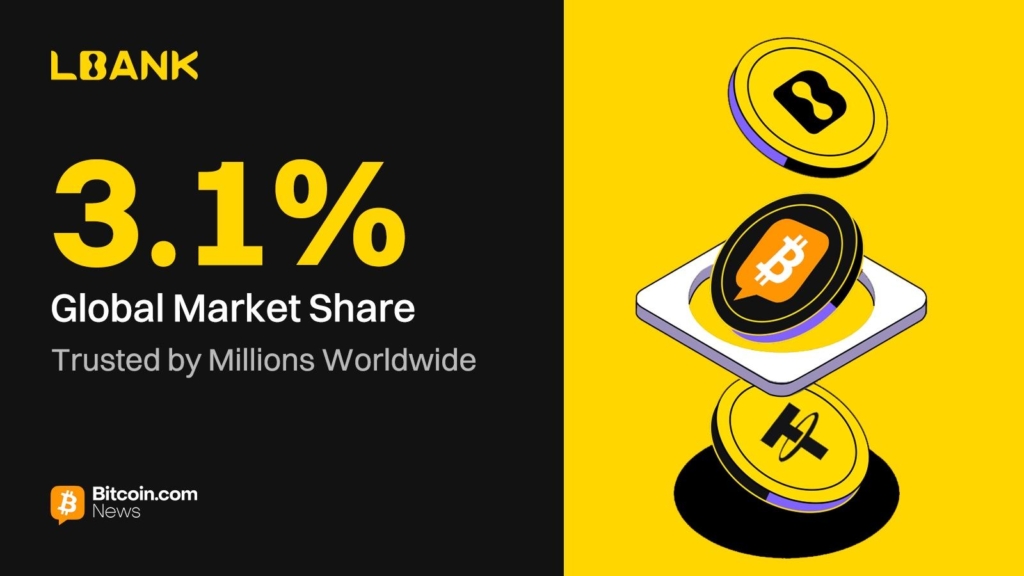Nigeria’s Central Bank (CBN) has lifted the ban on banks engaging in crypto transactions, signaling a watershed moment in the country’s crypto landscape.
This move is expected to increase competition between established cryptocurrency exchanges and the thriving peer-to-peer (P2P) trading community.
Prior to this change, the CBN had imposed a ban on banks handling cryptocurrency transactions, resulting in an increase in P2P trading.
Despite the ban, people continued to use Bitcoin and other crypto, preferring direct peer-to-peer transactions.
Cointelegraph spoke with Nathaniel Luz, co-founder of a cryptocurrency company, to learn more about the potential impact of this policy shift.
Luz expressed optimism about lifting the ban, viewing it as a positive development for Nigeria’s crypto industry.
He expects increased competition between formal crypto exchanges and P2P sellers, who dominated the scene during the ban period.
The requirement for crypto startups to register with the Securities and Exchange Commission (SEC) is one notable change in the regulatory landscape.
While this may present challenges for new entrants, Luz believes it is ultimately beneficial to the industry. He drew a parallel with the banking sector’s transformations in 2010 when weaker banks were forced to merge to strengthen and adapt.
The Nigerian crypto saga took a turn in February 2021, when the Central Bank of Nigeria prohibited financial institutions from serving crypto exchanges.
The recent decision to lift the ban, on the other hand, acknowledges the evolving global demand for crypto and signals a departure from the stringent rules imposed in 2021. This shift is expected to usher in a new era of growth and competition in Nigeria’s cryptocurrency market.



